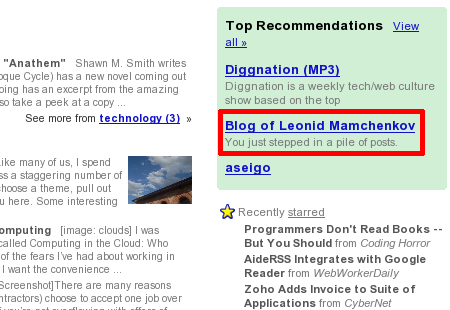For all those of you (yours truly included), who complain that movies got boring and unoriginal these days, here is a top 20 list from Quentin Tarantino. This was done back in 2009, but I’m sure there are still a few movies on that list that you haven’t seen. There are quite a few that I haven’t seen.
[youtube=http://www.youtube.com/watch?v=Zv0WlHbBhdc]
This was originally in the Miramax article, which only includes links to buy the movies on Amazon. I though it would be slightly more useful to have the same list with links to IMDb instead I’ve also created a public IMDb list with these movies.
- Battle Royale (Kinji Fukasaku, 2000)
- Anything Else (Woody Allen, 2003)
- Audition (Takashi Miike, 1999)
- The Blade (Hark Tsui, 1995)
- Boogie Nights (Paul Thomas Anderson, 1997)
- Dazed & Confused (Richard Linklater, 1993)
- Dogville (Lars von Trier, 2003)
- Fight Club (David Fincher, 1999)
- Friday (F. Gary Gray, 1995)
- The Host (Joon-ho Bong, 2006)
- The Insider (Michael Mann, 1999)
- Joint Security Area (Chan-wook Park, 2000)
- Lost In Translation (Sofia Coppola, 2003)
- The Matrix (Andy Wachowski & Larry Wachowski, 1999)
- Memories of Murder (Joon-ho Bong, 2003)
- Supercop (Stanley Tong, 1992)
- Shaun of the Dead (Edgar Wright, 2004)
- Speed (Jan de Bont, 1994)
- Team America (Trey Parker, 2004)
- Unbreakable (M. Night Shyamalan, 2000)
P.S.: Obviously, the fact that Quentin Tarantino liked the movie doesn’t necessarily mean that you will like it too. This is just a suggested “to watch” list with a bit of variety in genres, directors, and actors.
